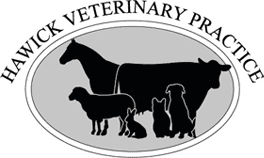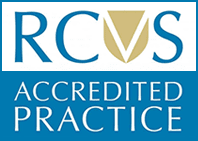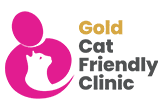Dental surgery performed under a full general anaesthetic may make your dog sleepy for the next 12-24 hours.
Please keep your dog warm and offer a light meal if they are interested in food tonight. Sometimes the drugs used in the anaesthetic can cause diarrhea but this should subside after the first few days. We can provide I/D food which is easily digested and provides all the nutrition required for recovery.
If your dog required extractions, dissolvable sutures may have been used. In order to protect the suture site, please feed soft food only for the next 10 days.
A dental scale and polish involves the removal of calculus /tartar (hard brown stony material) and plaque (soft paste-like material) from the crown and the sulcus area (under the gum line). Ultrasonic tips, which vibrate at 30,000 times a second, are used to clean these areas. The teeth are then polished smooth with a mechanical polisher. This helps slow down the reattachment of plaque.
Plaque is formed mainly from debris, oral bacteria and saliva proteins. It starts to attach to the teeth soon after the first meal and unless steps are taken to remove the plaque it will calcify to form calculus. The calculus is rough and full of bacteria and irritates the gums that then recede from the teeth. This opens up a gap between the tooth and the gum. Infection gets down into this gap and loosens the roots so in years to come we have to remove the tooth. The way to stop this sequence is to remove the plaque as soon as it forms.
Download post operative care and prevention of dental disease instructions.
Methods of removing plaque
Brushing
Regular brushing is the best method for cats and dogs teeth as it is for our own. There are differences however. Brushes must be softer than human ones as the enamel on your pets’ teeth is thinner than our own, and is more easily damaged. You must use pet toothpaste, as they do not spit it out but swallow it instead. Fluoride, which is found in human preparations, will not be metabolised by your pet and may cause irritation to the liver.
The current recommendation is pets teeth need to be brushed at least 3 x a week, ideally every day, for the best results. A nurse can provide a demonstration.
Special diets
These are specially designed to rub the plaque off. The individual pieces of food are made more fibrous so they do not shatter when bitten, instead the tooth penetrates and as it does so the deposits of plaque are rubbed off the sides of the tooth. For animals where brushing cannot be carried out, (eg. some cats) this is the next best method of preventing plaque. The hills VE range has this ‘tooth brushing’ technology.
Oral hygiene gels
These are applied either directly to the mouth or to the food. They give some of the antibacterial effects of toothpaste but obviously cannot give the physical effect.
Dental Toys
These can give some of the mechanical cleaning effect but tend to be chewed in the same part of the mouth all the time so their effect is limited. Care should be taken not to use toys harder than the teeth as occasionally this can cause tooth fractures.
Please note dental treatments are just providing relief for the problem with the mouth today. Some pets may require dental de-scales and polishes annually to remove tartar in order to prevent the need for more extractions. We recommend 6-monthly checks to allow early identification of dental disease. These can be done by a nurse.
If you have any questions about your dog’s treatment, please feel free to ask any member of staff.





